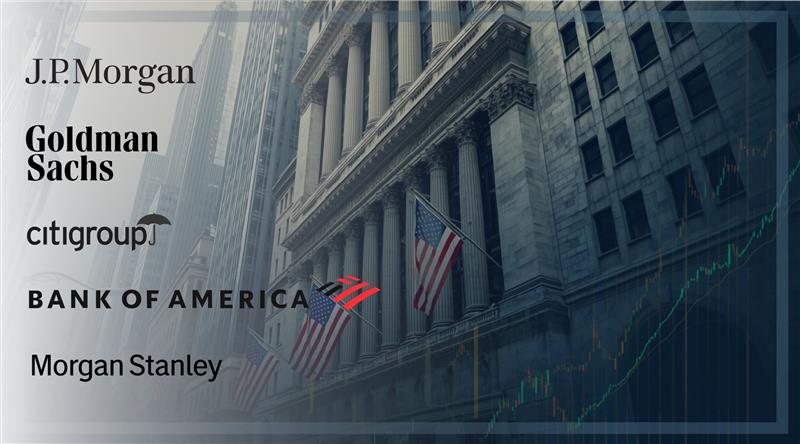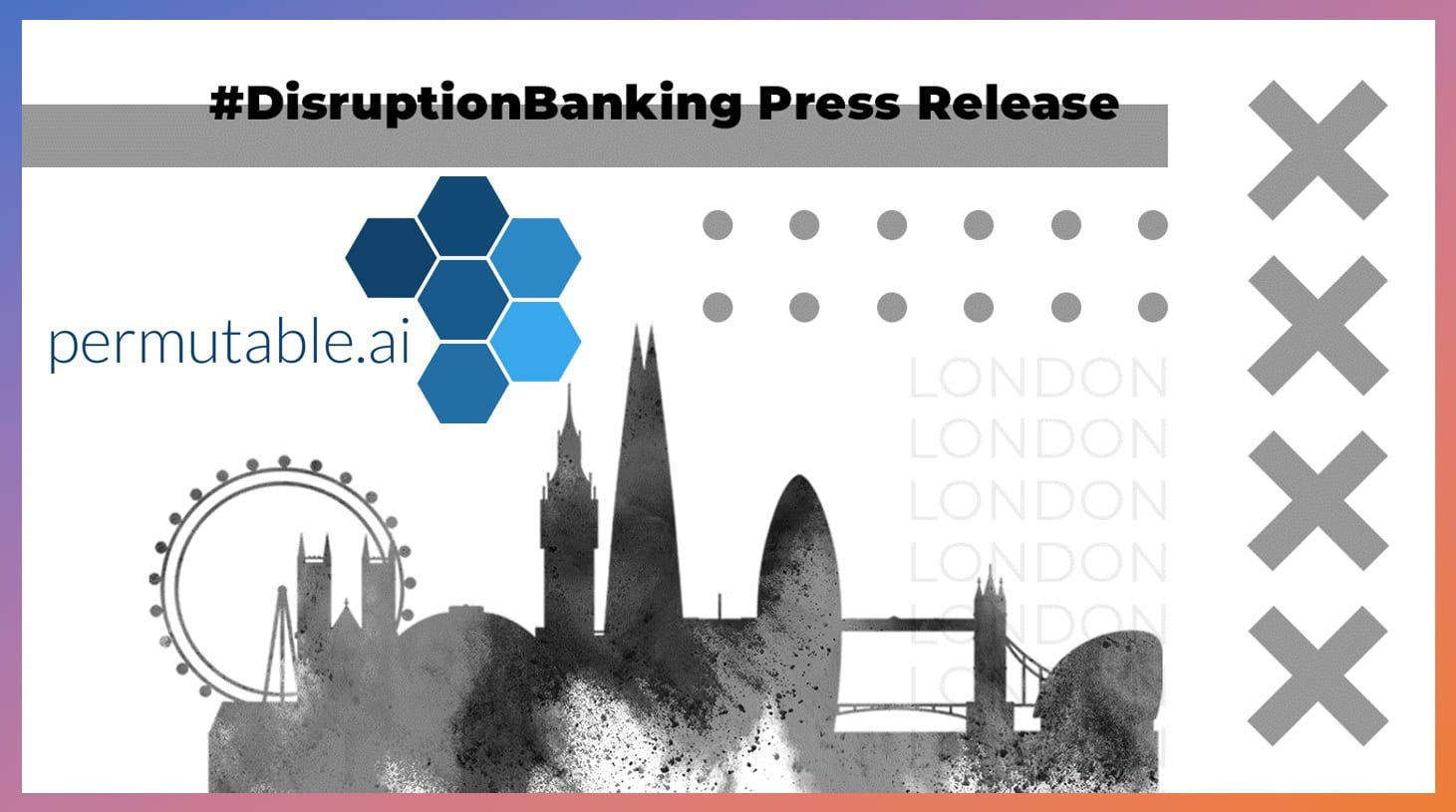Is the Charlie Javice Verdict a Red Flag For Fintechs or an Outlier?
On March 28, Charlie Javice, founder of the financial aid fintech Frank, was convicted of defrauding J.P. Morgan out of $175 million. Frank, founded in 2016 by a then 24-year-old Javice, was a website that offered free assistance, among other paid services, to students in filling out FAFSA federal student loan applications.
In 2018, Frank raised $10 million in funding from various investors. Then, in 2021, hungry for Gen Z customers and their data, J.P. Morgan acquired the startup. Believing Frank had accumulated 4.25 million active accounts, J.P. Morgan was quickly disabused of this notion when 70% of emails came back return-to-sender.
It turned out that Charlie Javice hired a data scientist to fudge the numbers and make Frank appear much more widely used than it actually was. Inexplicably, J.P. Morgan had failed to perform nominal due diligence and did not catch the deception until after having forked over $175 million.
The SEC charged Javice with fraud, bank fraud, securities fraud and conspiracy in 2023 and Javice was arrested. The evidence was overwhelming and Javice was convicted. She now awaits sentencing, which could result with her serving decades in prison.
A Wake-Up Call for Fintechs or a Blip in the News Cycle?
While some have labeled the Charlie Javice conviction a wake-up call for fintechs and banks, it remains to be seen how much it actually moves the needle. Why? First, the Javice conviction is a minor news story in an ever-changing U.S. news cycle dominated by President Trump, the War in Ukraine and Elon Musk. The average person is likely to remain blissfully unaware, and for those who are acquainted with the story, it likely won’t linger in their mind.
Second, the regulatory climate is actively becoming more laissez-faire day by day. The Consumer Financial Protection Bureau (CFPB), which polices lender practices of banks and fintechs on behalf of consumers, has been all but dismantled. While a judge filed an injunction to prevent the wholesale destruction of the agency, there is currently no “cop” working the beat.
Additionally, the soon-to-be new SEC chairman, Paul Atkins, is a strident libertarian and sure to provide a light regulatory touch. Moreover, the Synapse Rule, a series of fintech and banking regulations proposed by the FDIC after the collapse of middleware company Synapse, still remains in limbo.
Adding to this sea change, Representative French Hill of Arkansas has become the new Chair of the Financial Services Committee. Hill, a former banker, seeks to lessen compliance standards for community banks, thus allowing them to more easily partner with fintechs.
Money Talks, BS Walks
While light-touch regulation and inattentive consumers might shrug at the Javice verdict, bankers and venture capitalists will likely take a different attitude. As reported in a February Disruption Banking article, 2024 saw the lowest flow of venture capitalist money into the fintech space in six years, $15 billion as compared to $53 billion in 2021.
Given the tightening of investments in 2024, it will be interesting to see how 2025 shakes out for the fintech space. It stands to reason that bank evaluations of fintechs will be a bit tougher going forward.
Whereas the collapse of Synapse left thousands of customers unable to access their money, Charlie Javice scammed J.P. Morgan for $175 million. While $175 million is a drop in the ocean for the largest investment bank in the world, being so easily scammed did nothing for the bank’s reputation.
The Charlie Javice Verdict: A Wake-Up Call For Fintechs And Banking
— Ron Shevlin (@rshevlin) March 29, 2025
Javice’s conviction is sending shockwaves through fintech and banking. The case exposes vulnerabilities in fintech acquisitions. But the real hit is on trust in fintechs.https://t.co/7NPYs9vdFK
Going forward, it’s likely the vetting of fintechs by the banking industry will be much more thorough and cautious. More substance. Less hype. That seems a given for big investment banks. Whether that same caution is used by smaller, cash-strapped community banks is another question, one to which the clever con-man will likely know the answer.
The Pendulum Swings
By all standards, the Trump administration is lessening or outright removing financial regulations. While this is no doubt encouraging to fintechs and banks, it furthers a regulatory seesaw that seems to come with every new administration. This breeds uncertainty.
While the CFPB is dormant at the moment, it could be brought back to full steam in four years. Rules administered by the FDIC and SEC could dramatically shift. A politicized regulatory system makes it hard for businesses to know which rules to follow.
Given this uncertainty, some in the fintech industry has taken it upon themselves to create their own voluntary compliance guidelines. The Coalition for Financial Ecosystem Standards (CFES), created by Sima Gandhi, a former employee at Plaid, does just that.
The organization’s website explains its ethos: “CFES is an industry-led organization open to banks, fintechs, and other companies that sets operating rules promoting safety and soundness, along with competition, in financial services.”
Several fintechs, including Block and Stripe, have joined as paying members to the organization. Whether a voluntary, self-policing organization can do the job of government is anybody’s guess. It does speak to a change from the hype-driven, heady days from half a decade ago.
Meanwhile, Charlie Javice, newly convicted by a court of law, teaches pilates in Miami Beach while awaiting her sentencing. District Judge Alvin Hellerste denied her request to remove her GPS ankle monitor.
New: Charlie Javice has to wear an ankle monitor after prosecutors warned that the 32-year-old founder posed a flight risk. Attorneys said the bracelet prevents her from working as a Pilates instructor in Florida, which is now her main source of income https://t.co/ZCoareED46
— alexander saeedy (@ajsaeedy) April 1, 2025
Her lawyer’s argument that Javice has never missed a court date and isn’t a flight risk left the judge unmoved. It seemed he and the assistant U.S. Attorney didn’t find “trust me” sufficient.
The Long-View
Innovation always outpaces regulation, especially in a new sector, and the Trump era will likely put regulators further behind the curve, so it will be up to investors and banks to improve their due diligence practices. Start-up founders face a lot of pressure to cook the books. Without the deterrence of harsh consequences, and the crypto ecosystem is a great example of this phenomenon, founders and entrepreneurs will do whatever they think they have to, including deception.
The cautionary tale of Charlie Javice will be forgotten tomorrow.
Author: Laird Dilorenzo
#Crypto #Blockchain #DigitalAssets #DeFi
Laird Dilorenzo is a hatchet thrower and wordsmith.
The editorial team at #DisruptionBanking has taken all precautions to ensure that no persons or organizations have been adversely affected or offered any sort of financial advice in this article. This article is most definitely not financial advice.

















